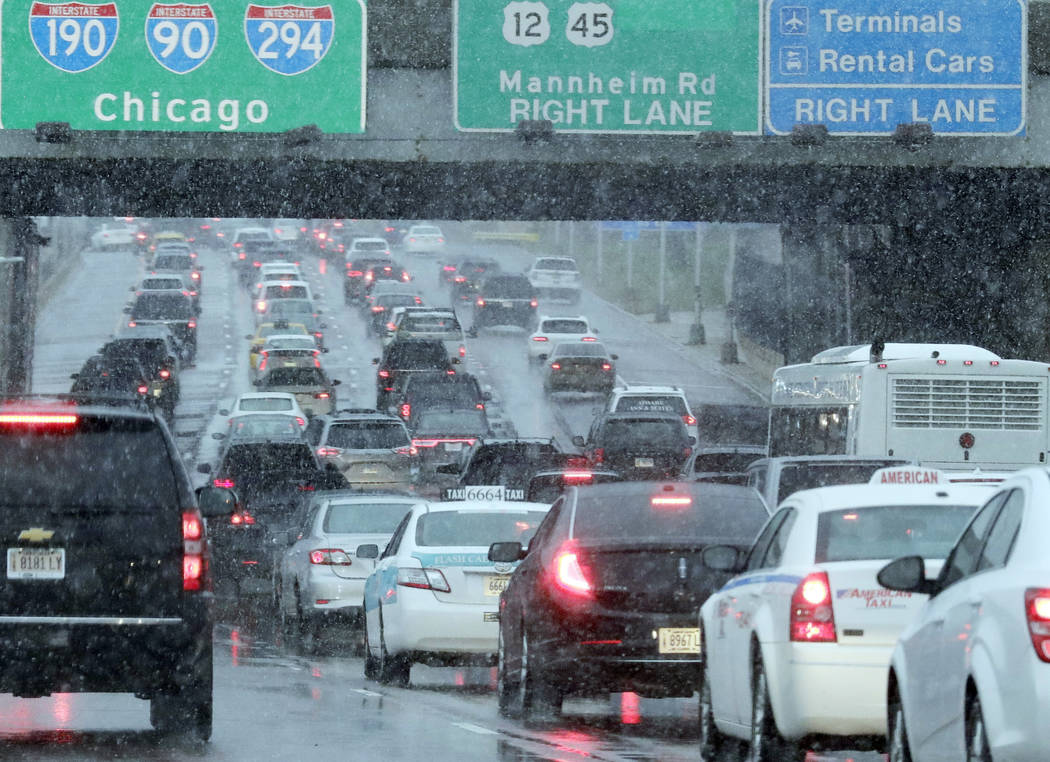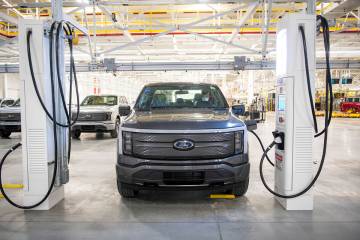EDITORIAL: Chicago shows higher taxes don’t fix spending problems
Chicago has found a way to tax people for watching television.
Gamers saw an unexpected message last month when they turned on their PlayStation consoles. Sony had agreed to collect the city of Chicago’s 9 percent amusement tax on all of its streaming services. It’s not just Sony. The tax applies to all streaming services, such as Netflix and Hulu. Apple is challenging the legality of the tax, which it says conflicts with the federal Internet Tax Freedom Act.
The amusement tax is far from Chicago’s only unusual levy. It has specific taxes on bottled water, plastic bags, soft drinks, cellphones and tires. Then there are the more familiar taxes on gasoline, hotels, cigarettes and alcohol. In all, Chicago levies more than 30 city taxes.
Illinois isn’t a low-tax state either. It has a 4.95 percent individual income tax, a 9.5 percent corporate income tax and an average sales tax of 8.7 percent. Illinois has some of the second-highest property tax rates in the country.
But it’s never enough for the Democrats who’ve run Chicago for eight decades. They’re considering proposals to raise the tax on people who sell their homes and to tax commuters who come to work inside city limits.
Chicago’s creativity with taxes hasn’t put the city on firm fiscal footing. Chicago’s required pension contributions are scheduled to go from $1 billion in 2018 to $2.1 billion in 2023. Chicago’s operating budget is $3.8 billion. It increased city property taxes last year to make its current pension payments. There’s no telling how much more city officials will demand in the next five years.
Chicago is an object lesson for Nevada Democrats as they assume full control of the government in Carson City. You will soon hear public employee unions talk about the need to diversify and modernize Nevada’s revenue structure. They’ll act as if raising taxes is a cure for fiscal problems.
But balancing the budget is a two-sided equation. If spending isn’t under control, it doesn’t matter how “diverse” or “modern” your tax structure is. As Chicago vividly shows, government will never have enough money if politicians don’t control spending. Chief among those problems is collective bargaining, which leads to skyrocketing salaries and benefits for public employees, as no one represents the taxpayer at the table. Even if there is some pushback, disputes go to an unaccountable arbitrator who first looks at the government’s “ability” to pay.
If high taxes solved spending problems, Chicago would be a modern-day paradise. Instead, Illinois is losing residents and providing Nevada with a primer on what not to do.

















